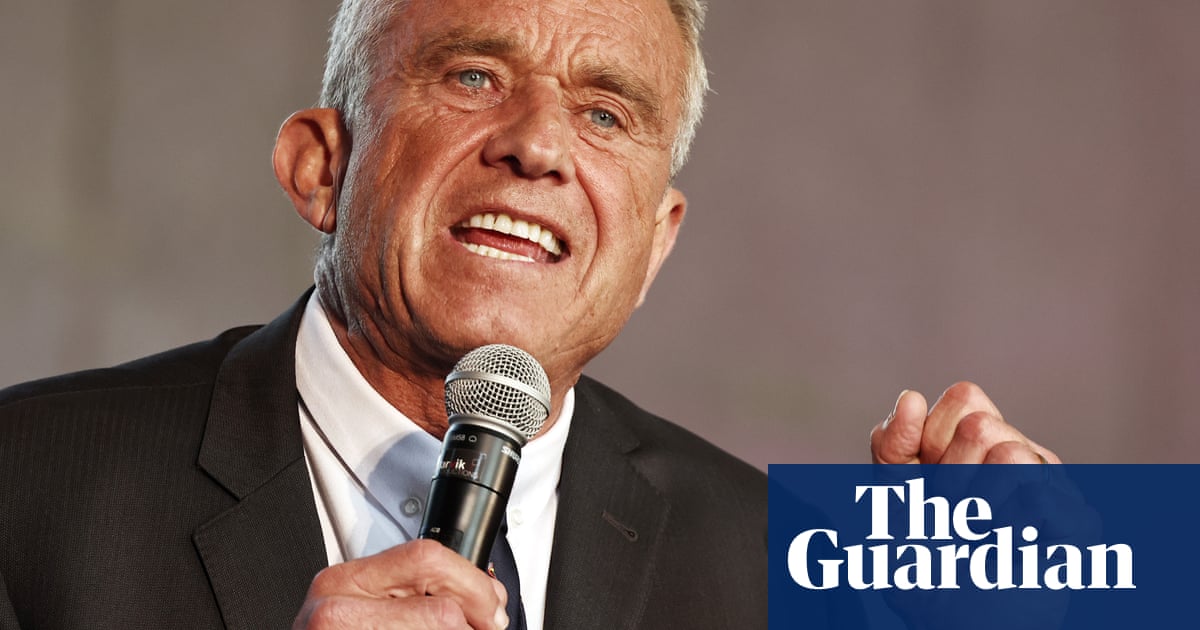The article presents a significant development in the context of public health and vaccine advisory committees. It highlights the controversial decision by Robert Kennedy Jr., the US health secretary, to replace the entire panel of vaccine advisors. This move has raised concerns among various medical groups and could reshape the narrative around vaccine safety and efficacy in the United States.
Motivation Behind the News
The decision to appoint new members to the vaccine advisory committee seems aimed at instilling a sense of trust in vaccine recommendations. Kennedy's assertion that the previous panel had conflicts of interest suggests a desire to position the new committee as more transparent and credible. By emphasizing the commitment to evidence-based medicine, the article seeks to frame the new panel as a necessary corrective measure.
Public Perception
Kennedy's actions could foster a divisive perception regarding vaccines within the community, particularly among vaccine skeptics who may view this as a validation of their concerns. Conversely, the medical community's reaction signals a growing distrust towards Kennedy's leadership and intentions, potentially polarizing public opinion further.
Hidden Agendas
There may be underlying motives related to political interests or public health strategies that are not immediately apparent. The dismissal of the previous panel members, many appointed under the Biden administration, suggests a possible ideological shift that could be aimed at reinforcing skepticism toward established medical practices.
Manipulative Aspects
The language used in the article could be seen as manipulative, particularly in its framing of the previous panel as compromised. Highlighting the "evidence-based" commitment of the new appointees also serves to contrast them sharply with their predecessors, which could influence public sentiment against the former panel without providing concrete evidence.
Comparative Context
When compared to other articles discussing vaccine policies, this news piece stands out due to its focus on personnel changes rather than policy outcomes. The broader media landscape often addresses vaccine skepticism, but this particular article appears to link personnel changes directly to public trust, suggesting a more immediate impact on vaccine discourse.
Impact on Society and Economy
The implications of this news could extend into public health policy and the economy. If public confidence in vaccines erodes, it could lead to lower vaccination rates, affecting herd immunity and potentially resulting in economic consequences related to healthcare costs and public health initiatives.
Supportive Communities
This news is likely to resonate more with communities that are already skeptical of vaccines or who prioritize personal choice in health decisions. It may also attract support from political groups that align with Kennedy's views, further entrenching divisions over vaccine policies.
Market Implications
The news could influence stock prices of pharmaceutical companies involved in vaccine development. If public sentiment shifts negatively towards vaccines, companies may face financial repercussions due to decreased demand for their products.
Global Power Dynamics
While the article focuses on a national issue, the implications of vaccine confidence can resonate globally, especially in discussions about public health and international cooperation. The way the US handles its vaccine advisory processes may affect its standing in global health discussions.
Artificial Intelligence Considerations
It’s plausible that AI tools were utilized in crafting this article, particularly in data analysis and structuring content. AI could have influenced the tone and emphasis on specific narratives, subtly guiding the reader's perception towards supporting Kennedy's changes.
Manipulative Potential
The article exhibits manipulative tendencies, particularly in how it frames the narrative around vaccine advisory changes. By focusing on conflicts of interest and the need for "gold-standard science," it seeks to create a dichotomy between the old and new members, potentially leading to a biased interpretation of the situation.
Overall, the reliability of the news cannot be fully established without further evidence supporting Kennedy's claims regarding the previous panel's conflicts of interest. The article serves a specific agenda related to reshaping public discourse on vaccines, which may not reflect the complete reality of the situation.
